Have you sent your story? Well, you’d better hurry because Tami Hoag—THE Tami Hoag—is anxious to read them.
Oh, you didn’t know?
Yes, she truly is the contest judge for this fun and challenging contest, with fantastic prizes for the winner.
Definitely. Having Tami Hoag read your work is super cool!
Okay, here are the details …
Golden Donut Short Story Contest
The Writers’ Police Academy is pleased to continue this fun contest in 2018. The rules are simple—write a story about the photograph above using exactly 200 words, including the title (each story must include an original title). The image in the photograph MUST be the main subject of the story. We will not provide clues as to the subject matter of the image, or where the shot was taken. That is for you and your imagination to decide. Remember, though, what you see in the image absolutely MUST be the MAIN subject of your tale.
*Again, the photo above absolutely MUST be the main focus of the story, not just a mere mention within the text.
All stories are to be polished and complete, meaning they must have a beginning, middle, and a twisted surprise ending. Again, all stories must be exactly 200 words. Not 201 or 199! So read the word count rules carefully. Over the years, we’ve seen some excellent tales disqualified due to an incorrect word count.
The Golden Donut contest is judged blindly, meaning each entry is assigned a number prior to sending it to the judges. Therefore, judges do not see the writers’ names.
All entries will be screened by a panel of readers who will select their twelve favorite stories and then forward their picks to the 2018 contest judge. All decisions are final and may not be contested or appealed. After reviewing each of the entries, the judge will notify the Writers’ Police Academy of the winning entry. While the winner will be announced at the WPA banquet, the winner need not be present to win. The contest is open to everyone, not just WPA attendees.
The contest winner receives the prestigious Golden Donut Award AND free registration to a 2019 WPA event!
Submission Guidelines:
Please read carefully!
All submissions MUST be submitted electronically via email to 2018goldendonut@gmail.com. Write Golden Donut 2018 in the subject line.
** Click the link below to enter **
Golden Donut Short Story Contest
Please include your story within the body of the email. Attachments will not be opened.
Additionally, a twenty-five dollar ($25) entry fee must be submitted via Paypal PRIOR TO emailing the entry. In other words, click the link to register your entry and then follow the directions listed. Next, submit your payment (Paypal link is on the entry form), and THEN email your story(s). You do not need a Paypal account to enter.
Contest opens on February 18, 2018 (Please do not send any entries before this date).
Submission Deadline: Midnight (EST) July 1, 2018
Any entry not meeting the exact 200 word requirement will be disqualified. You will not receive notice of disqualification. Please be sure your word count is accurate and that all words are counted.
Hyphenated words, for the purpose of this contest, will be counted as two words, or three, etc., depending upon how many words make up the hyphenated phrase/word. Contractions will be counted as two words (it’s, don’t, etc.).
Every single word will be counted as a word. This includes: “a,” “and,” and “the.” To be very clear…if it’s a word, count it. If it’s part of dialog and you think it may be a word, count it. If it’s a stand-alone letter or group of letters, count it as a word. If it’s a number, count it as a word. If the number would include a hyphen if written out as a word, then count it as a hyphenated word. Social media and texting abbreviations will be counted as individual words. For example: OMG = three words. LMAO = four words. 2Nite = one word (tonight). AIAMU = five words (Am I a monkeys uncle). TCIC = 4 words (This contest is cool).
– Entries submitted after the July 1, 2018 (midnight EST) deadline will NOT be judged.
– Any entry not meeting the exact 200 word requirement will be disqualified.
No refunds for any reason!
Again, all entry fees and stories must be received on or prior to July 1, 2018. No exceptions. There is normally a mountain of entries, therefore, it is a time-consuming process for the judges. We need time to process the entries and to have the award properly engraved and shipped to the WPA.
- Be sure to include your name, address, email address, telephone number(s), and title of your story in an opening paragraph above your story. Then, please include your story, headed by the title.
- There is a $25 entry fee, payable via Paypal. Entries received without the appropriate entry fee will be excluded from the contest. No refunds.
- Each author may submit up to three entries. Each entry must be accompanied by the corresponding entry fee ($25 per story).
- Each author may enter up to three stories. But each individual entry must be accompanied by its own $25 entry fee. (One entry = $25. Three entries = $75, etc.) You must indicate how many stories you plan to submit when you register.
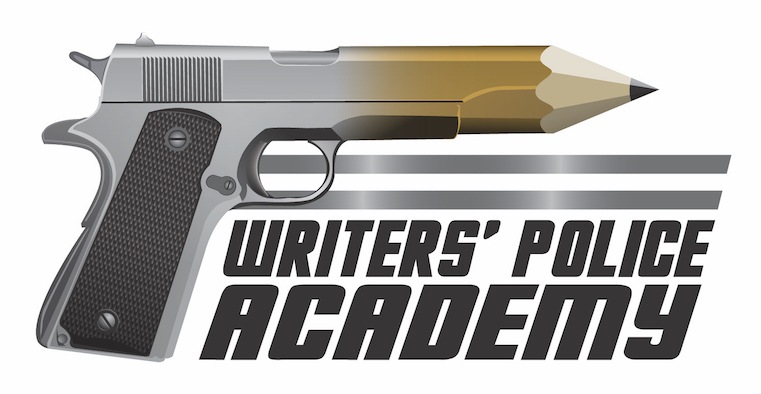 By submitting an entry to this contest authors agree to allow The Graveyard Shift/Lee Lofland, the Writers’ Police Academy and/or affiliates to publish/reprint the story as a part of The Graveyard Shift blog and/or as advertisement for the Writers’ Police Academy or in other publications and media, including, but not limited to, Writers’ Police Academy books, magazines, newspaper, blogs, ebooks, online outlets, etc.
By submitting an entry to this contest authors agree to allow The Graveyard Shift/Lee Lofland, the Writers’ Police Academy and/or affiliates to publish/reprint the story as a part of The Graveyard Shift blog and/or as advertisement for the Writers’ Police Academy or in other publications and media, including, but not limited to, Writers’ Police Academy books, magazines, newspaper, blogs, ebooks, online outlets, etc.
*The Writers’ Police Academy reserves the right to exclude or delete any entry without cause, reason, or explanation.
– ABSOLUTELY NO profanity, erotica, or the promotion of a specific hot-button agenda, including but not limited to politics of any type and/or racial issues.
Please send questions to Lee Lofland at lofland32@msn(dot)com
So there you have it. Now get busy and take us on a journey that’d scare the pants off Poe himself.
Good luck!


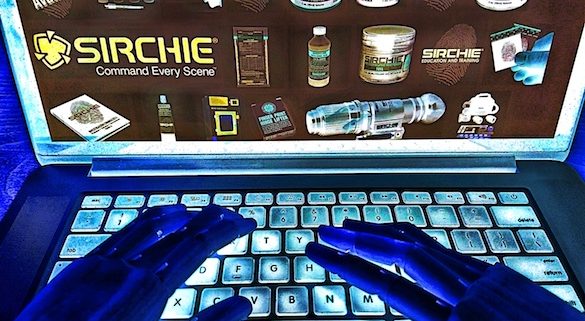
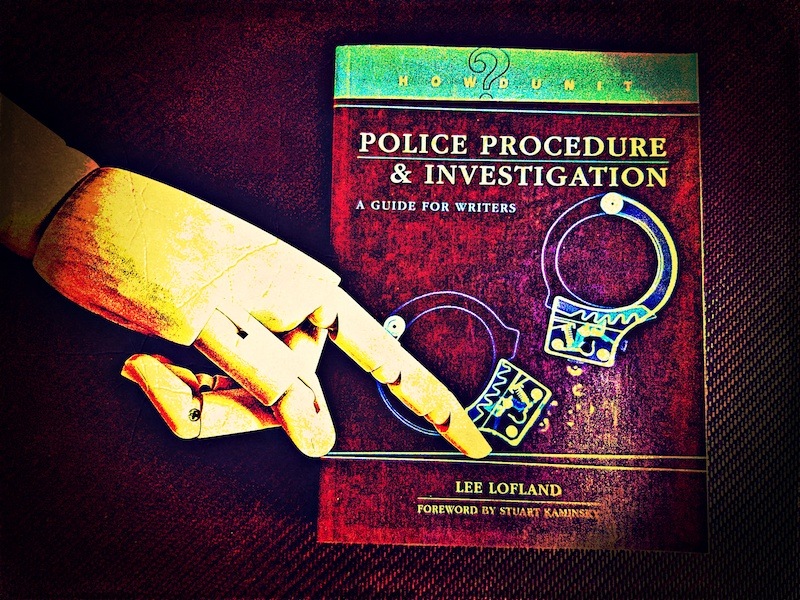
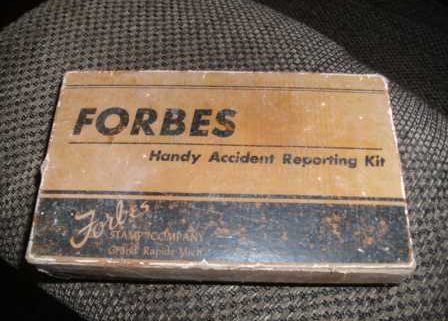

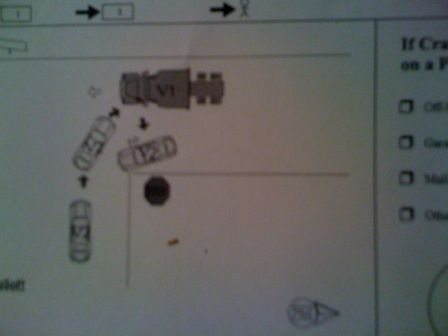

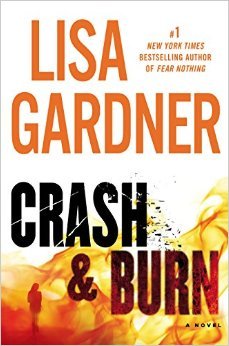 Click to read more. It’s a HOT one!
Click to read more. It’s a HOT one!

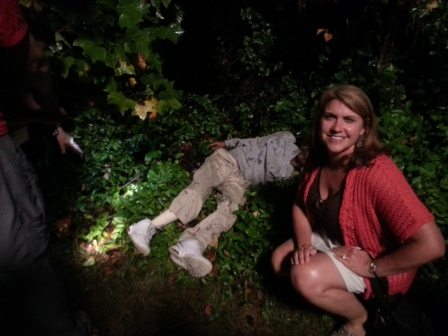


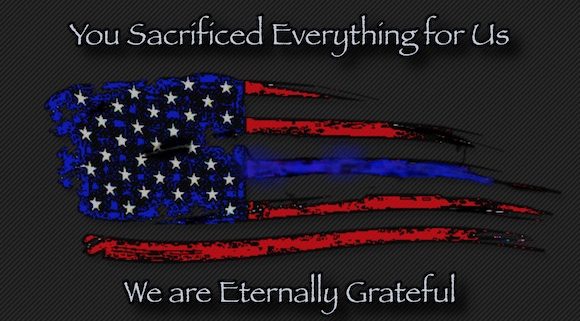
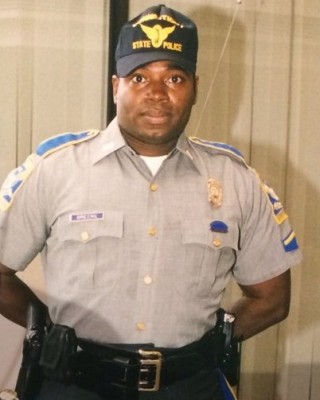 Trooper First Class Walter Greene, 51
Trooper First Class Walter Greene, 51 Officer Charles Irvine, Jr., 23
Officer Charles Irvine, Jr., 23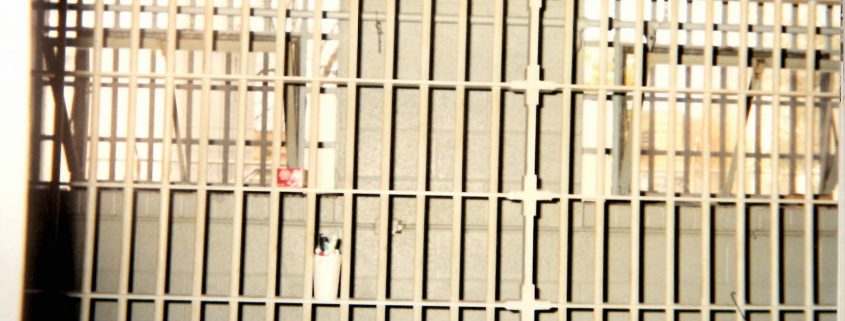
 Senior Special Agent Paul Scott Ragsdale, 41
Senior Special Agent Paul Scott Ragsdale, 41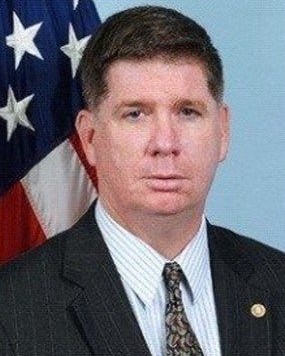 Special Agent in Charge David J. LeValley
Special Agent in Charge David J. LeValley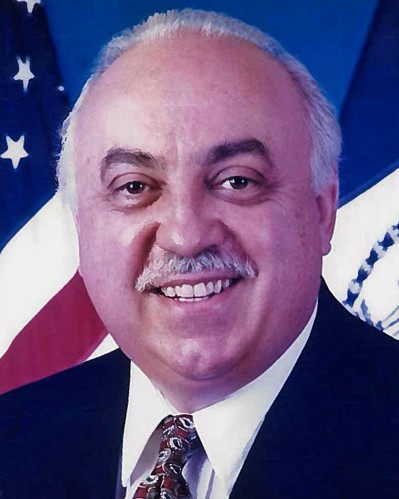 Chief of Detectives William Allee, 76
Chief of Detectives William Allee, 76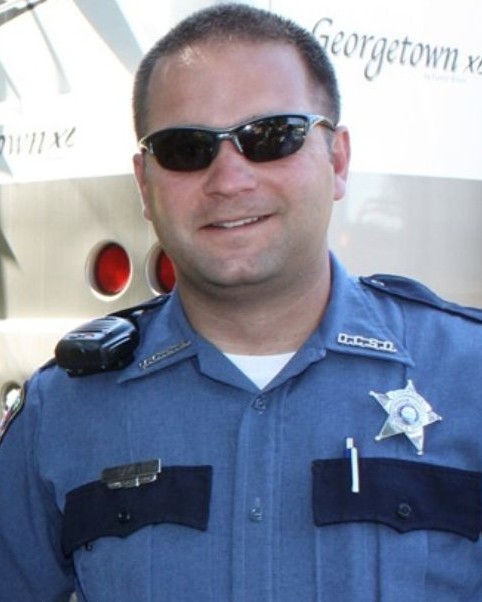 Sergeant Daniel Baker, 32
Sergeant Daniel Baker, 32 Tuco
Tuco